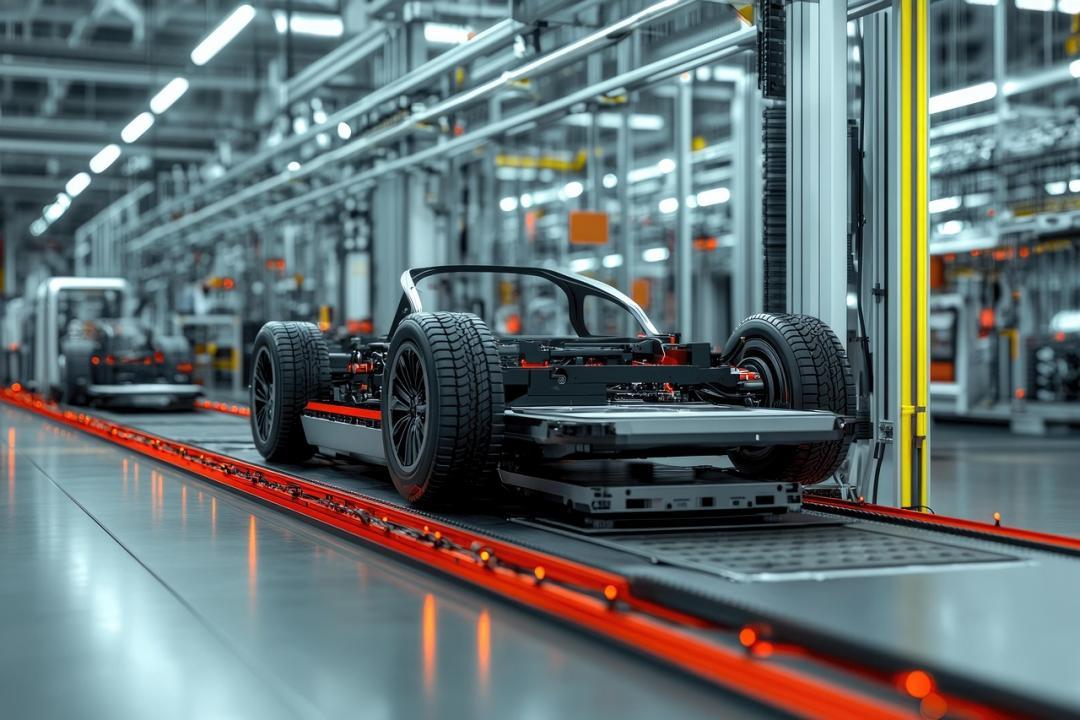The Impact of Electric Vehicles on the Auto Industry
- 15 Aug 2025
- 121
- Electric Vehicles , EV Sales Ireland
How EVs Are Transforming the Automotive Industry
The automotive industry is experiencing a profound transformation driven by the rapid adoption of electric vehicles (EVs). Once considered a niche market, EVs are now at the forefront of industry innovation, reshaping everything from manufacturing processes to consumer choices and environmental strategies. This shift is not only changing how vehicles are made and used but also how the industry envisions its future.
Rapid Market Growth and Adoption
In recent years, EV sales have surged globally. Governments around the world are implementing policies to reduce emissions, including incentives, subsidies, and stricter regulations on internal combustion engines. Automakers are responding by investing heavily in electric technology, with many announcing plans to phase out traditional gasoline-powered vehicles in the coming decades. This momentum indicates that EVs are no longer a futuristic concept but a present-day reality, poised to dominate the automotive landscape.
Technological Innovation Driving Change
Advancements in battery technology have been pivotal in making EVs more appealing. Improvements in energy density have extended driving ranges, alleviating range anxiety concerns. Fast-charging networks are expanding, allowing drivers to recharge quickly and conveniently. Additionally, EVs are integrating cutting-edge features such as autonomous driving, smart connectivity, and sleek designs that appeal to modern consumers. These innovations are pushing traditional automakers to rethink vehicle design, engineering, and production.
Reshaping Manufacturing and Supply Chains
The shift toward electric mobility has significant implications for manufacturing. EV production requires different components, such as batteries, electric motors, and power electronics. This demand is fostering the growth of new supply chains and manufacturing hubs, creating jobs and economic opportunities. Automakers are investing billions into new factories dedicated to EV production, signaling a strategic pivot in industry infrastructure.
Environmental and Sustainability Impact
One of the main motivations behind the EV revolution is environmental sustainability. EVs produce zero tailpipe emissions, contributing to cleaner air and helping combat climate change. As electricity generation increasingly incorporates renewable sources like wind and solar, the overall carbon footprint of EVs continues to decrease. This positions electric vehicles as a vital component of global efforts to create sustainable transportation systems.
Challenges on the Road Ahead
Despite their advantages, EVs face obstacles such as limited charging infrastructure, higher upfront costs, and concerns regarding battery recycling and raw material sourcing. Addressing these challenges requires coordinated efforts between governments, industries, and consumers. Investments in charging networks, research into sustainable battery materials, and policies to make EVs more affordable are critical to sustaining growth.
Looking Forward
The transformation driven by EVs is poised to accelerate in the coming years. As technology advances and infrastructure expands, electric vehicles will become increasingly accessible and practical for consumers. Their adoption will play a crucial role in reducing emissions, fostering innovation, and shaping a more sustainable future for transportation.
In conclusion, electric vehicles are not just an alternative to traditional cars—they are catalysts for a fundamental shift in the automotive industry. With ongoing technological progress and supportive policies, EVs are set to lead the way toward cleaner, smarter, and more sustainable mobility.

